With 232 pages and an expanded 12″ by 12″ format, our biggest print issue yet celebrates the people, places, music, and art of our hometown, including cover features on David Lynch, Nipsey Hussle, Syd, and Phoebe Bridgers’ Saddest Factory Records, plus Brian Wilson, Cuco, Ty Segall, Lord Huron, Remi Wolf, The Doors, the art of RISK, Taz, Estevan Oriol, Kii Arens, and Edward Colver, and so much more.




Photo by Michael Muller. Image design by Gene Bresler at Catch Light Digital. Cobver design by Jerome Curchod.
Phoebe Bridgers makeup: Jenna Nelson (using Smashbox Cosmetics)
Phoebe Bridgers hair: Lauren Palmer-Smith
MUNA hair/makeup: Caitlin Wronski
The Los Angeles Issue

Soccer Mommy, Evergreen
Sophie Allison’s fourth album digs deeper both poetically and personally as her dozy, conversational vocals and pop-grunge arrangements reach their clearest form.
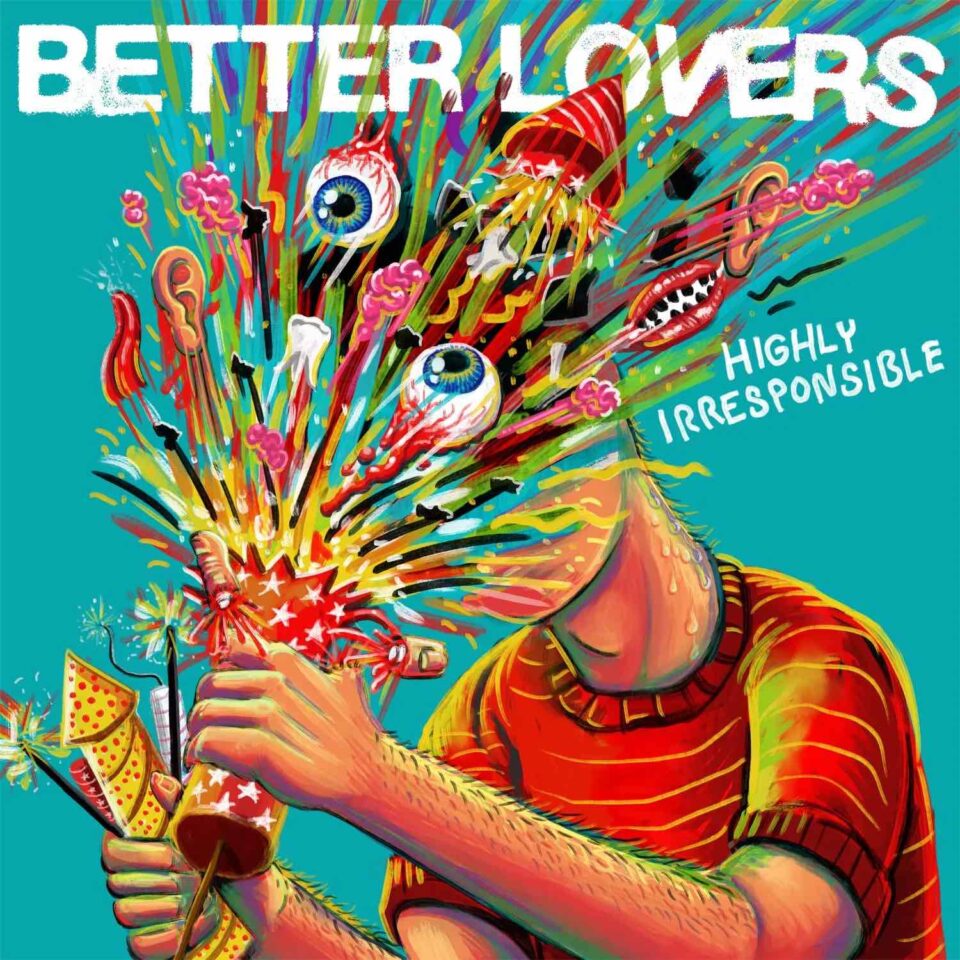
Better Lovers, Highly Irresponsible
The breathless riffs, ferocious pace, and veteran sense of security that define this debut album from the metalcore supergroup feel like the work of a band desperate to escape their history.
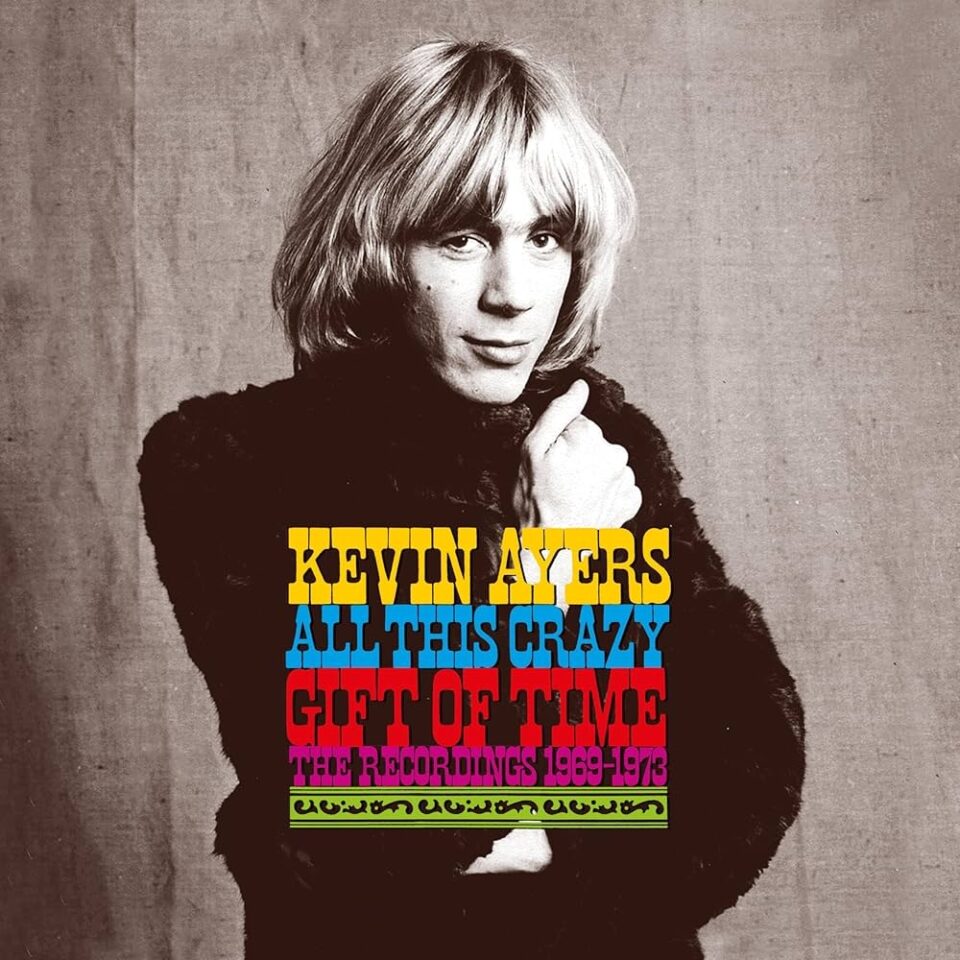
Kevin Ayers, All This Crazy Gift of Time: The Recordings 1969-1973
Composed of the avant-garde songwriter’s first four solo records along with live recordings and other oddities, this collection is a wealth of weird ranging from pastoral freak-folk to circus noise.
Alex Swhear

In our latest Digital Cover Story, the North Carolina native discusses the unexpected optimism of her latest album All of This Will End.

Molly Rankin shares how the Canadian dream-pop group avoided the tortured follow-up trappings Blue Rev’s lengthy gestation might have suggested.

Paul Banks discusses maintaining an uplifting tone and keeping things fresh on the band’s seventh studio album.

Van Etten shares how visions of a fiery apocalypse—and The Sandlot—inspired her dark(ish) sixth album.

The duo’s third album carries a palpable maturity and heft, a natural progression from their last two releases.

Her fifth studio album finds Charli cherry-picking her favorite pop tropes and refracting them through her own singular lens, exercising restraint while doing so.

In our latest digital cover story, Britt Daniel shares how growing up hearing classic rock on the radio informed the band’s tenth album, Lucifer on the Sofa.
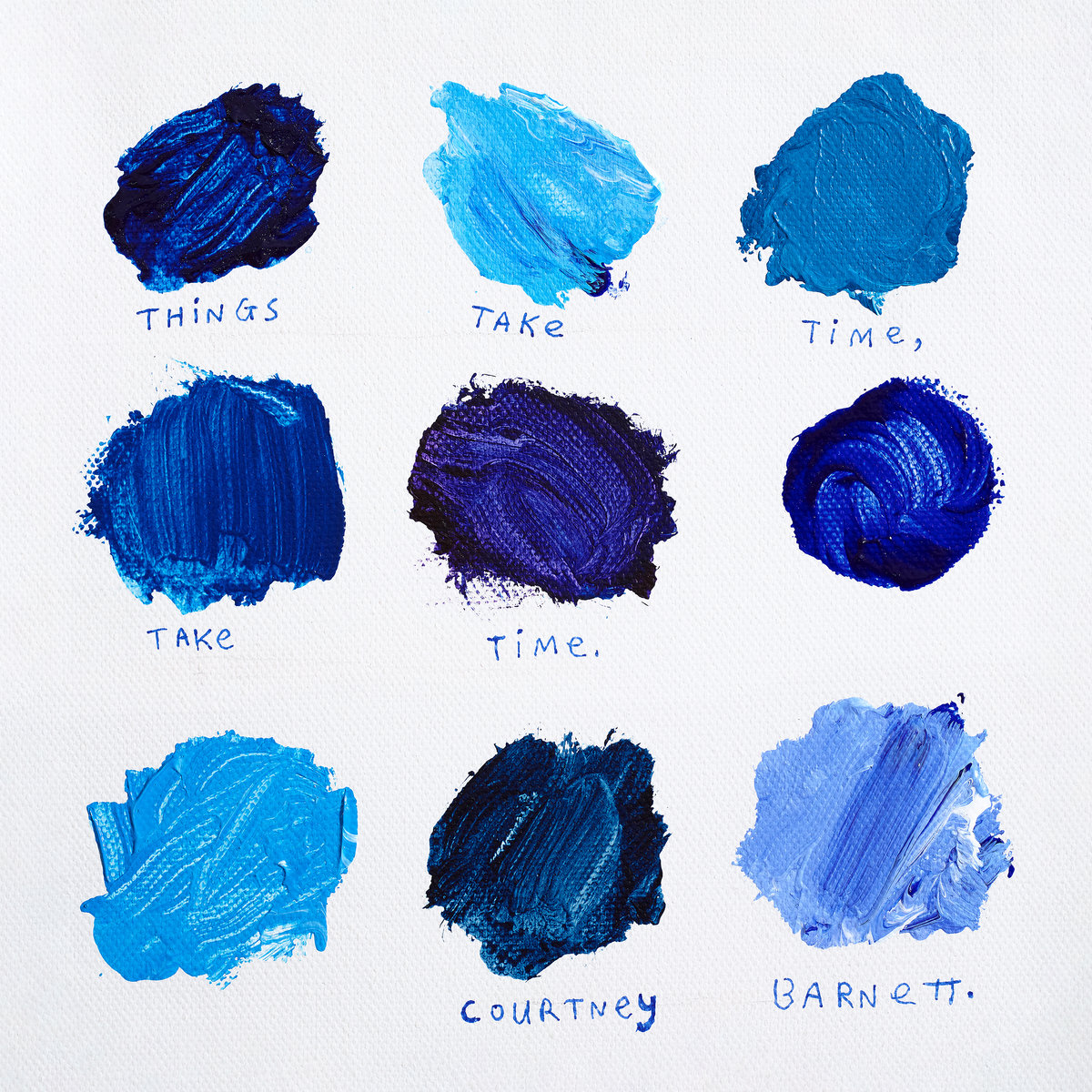
Barnett’s third solo record intermittently taps into her strengths, but it scans like a transitional record.

Too much of Lorde’s third album is carefree in attitude but too musically nondescript to leave an impression.
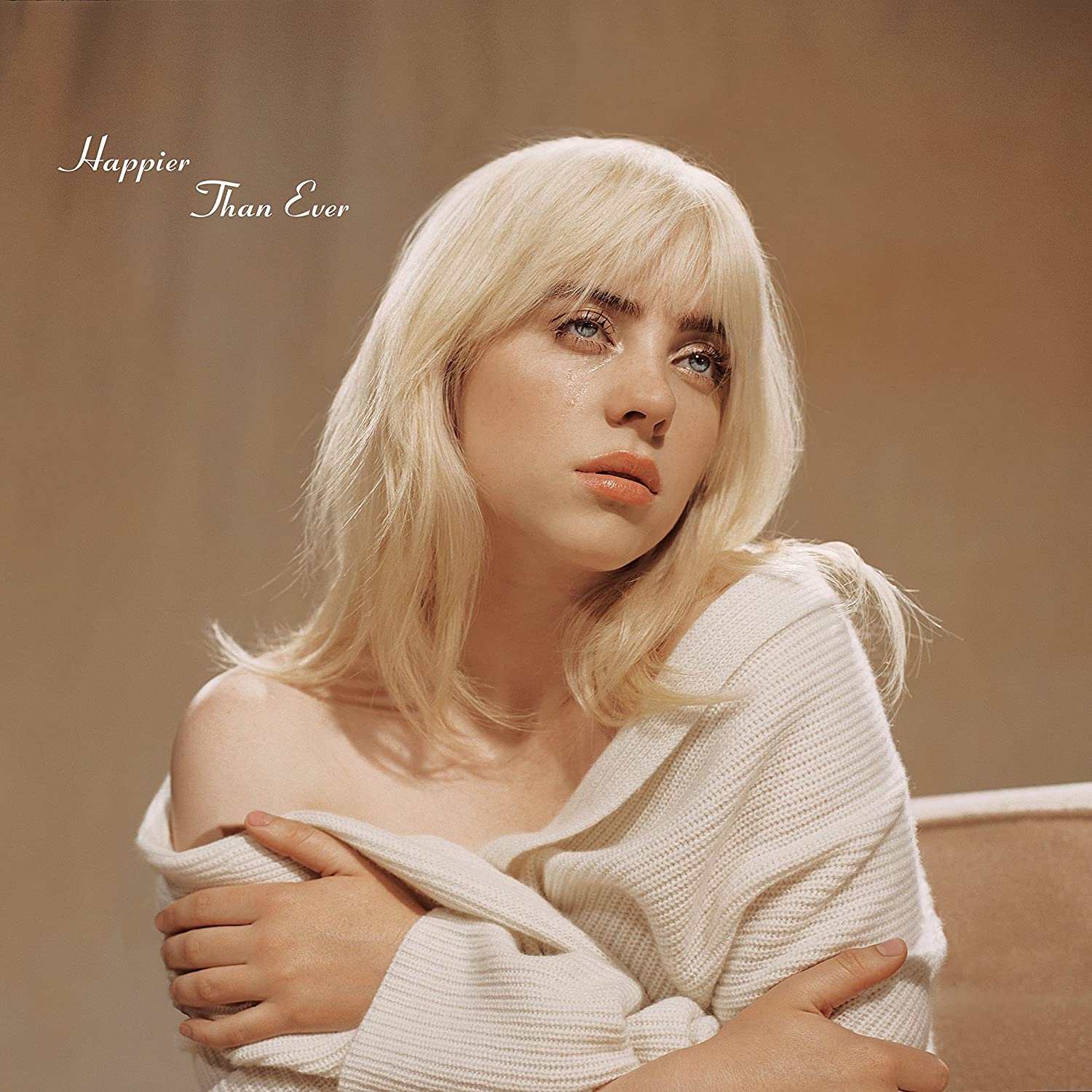
Eilish’s sophomore album looks inward to reckon with the aftershocks of her breakneck ascent.

Nicolas Jaar and Dave Harrington crystallize what made their debut so impactful while offering enough new detours to avoid retread status.

Michelle Zauner’s third album scans as a breakthrough, even though this is a band well past the breakthrough stage.

Bieber’s latest is a confident and disarmingly likable pop album.
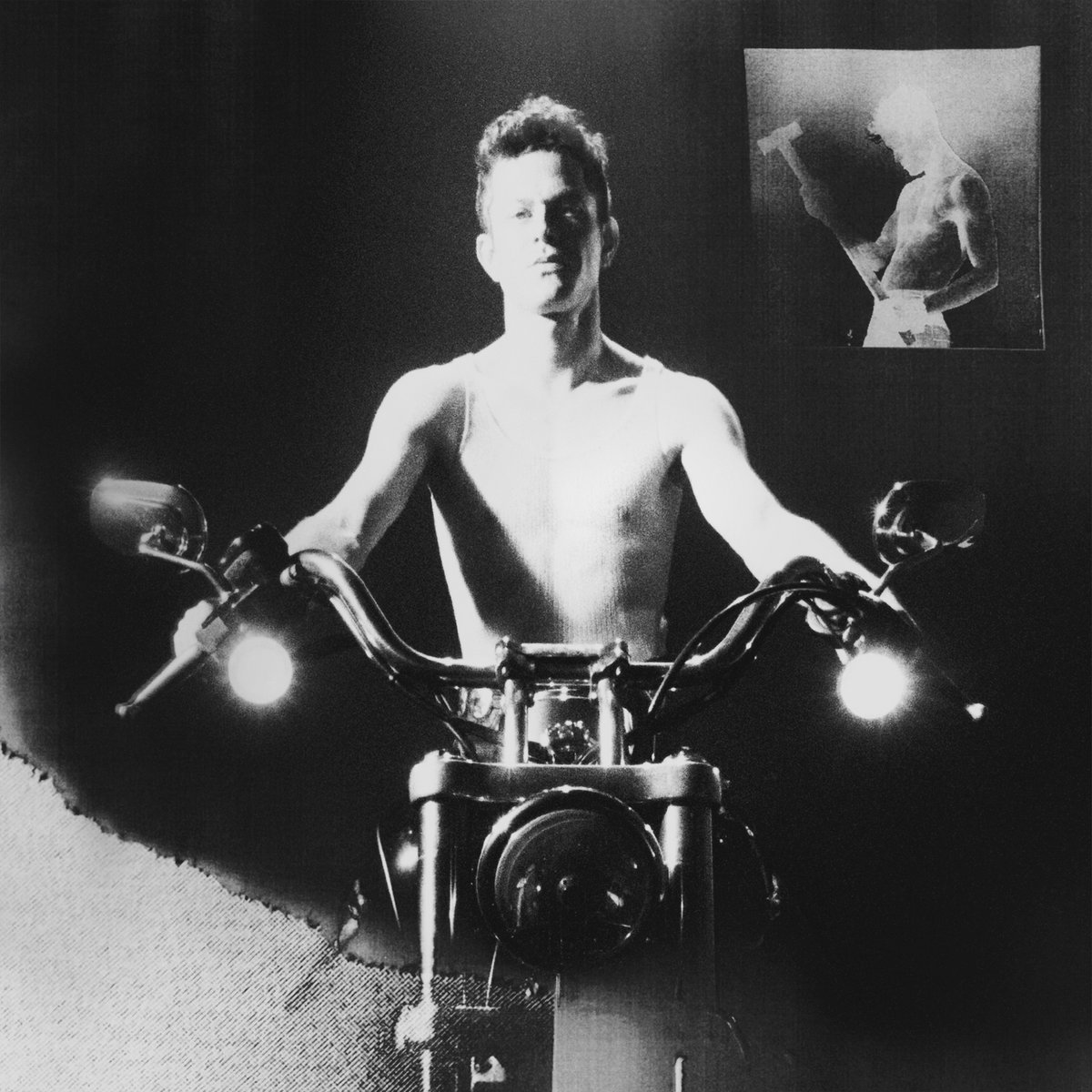
The material on Mike Hadreas’ most recent LP doesn’t always call for the fidgety approach applied to it here.
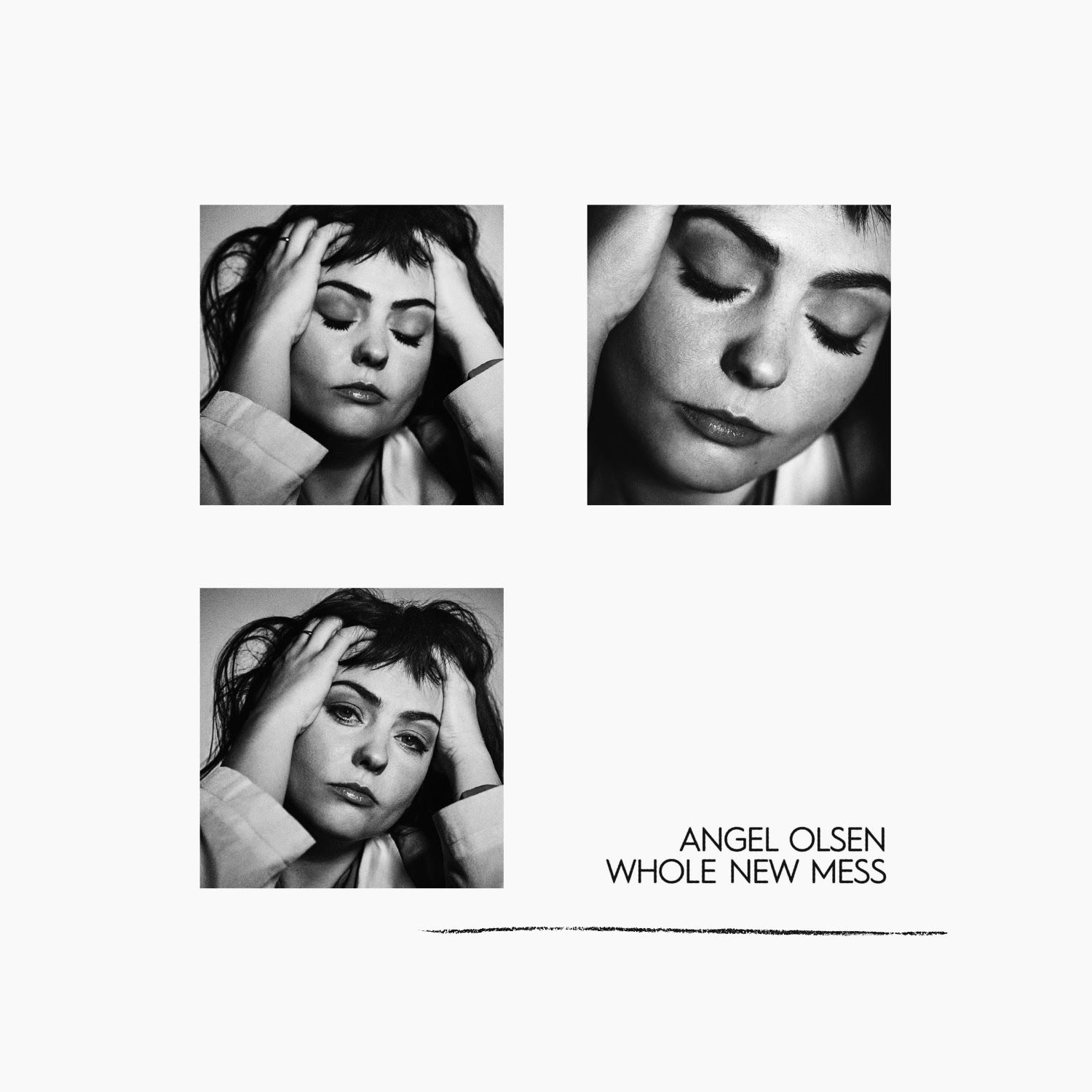
“Whole New Mess” rips the sheen and pageantry away from the “All Mirrors” tracklist.
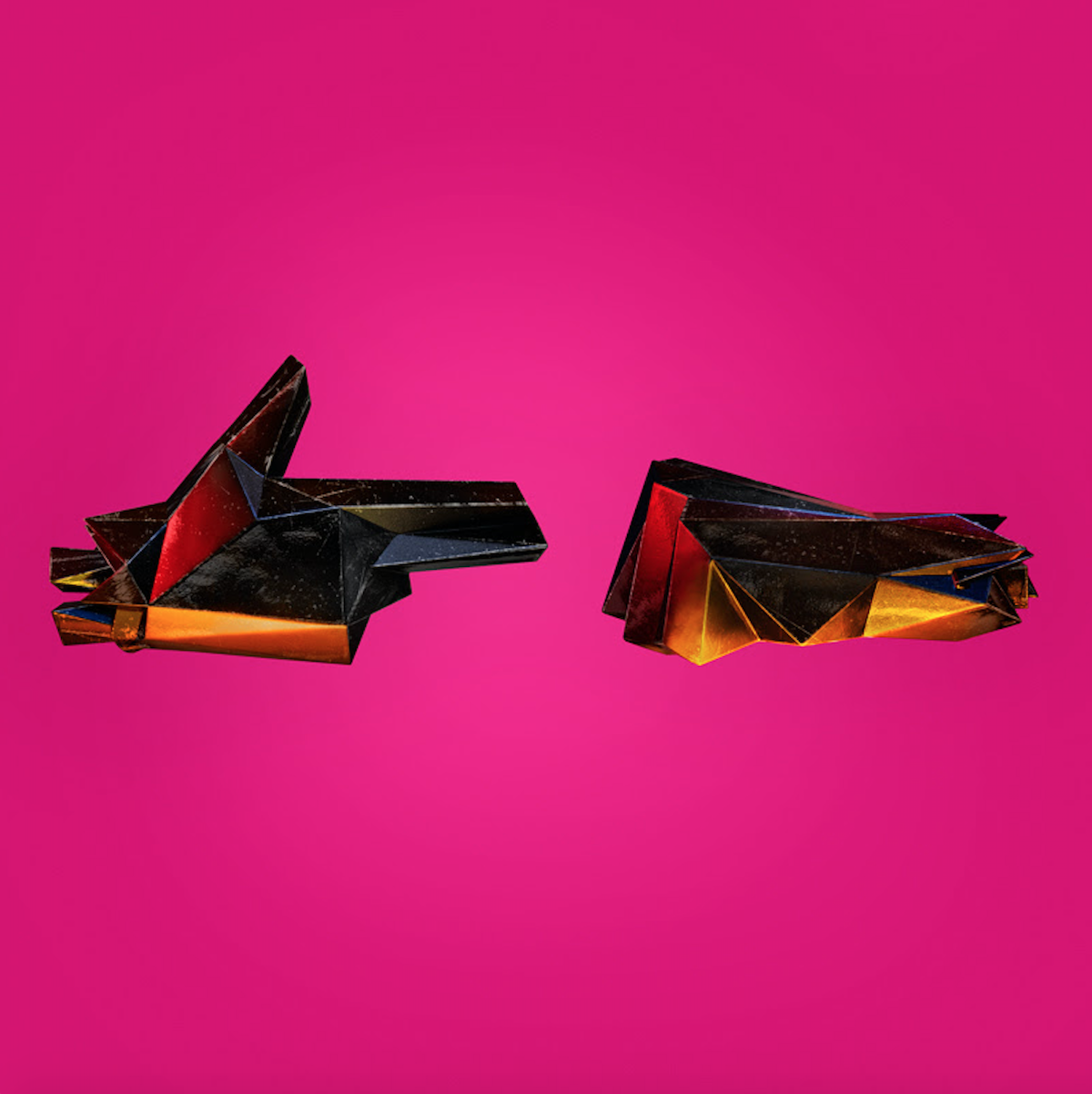
Killer Mike and El-P’s alchemy somehow sounds both pointedly different and substantially unchanged.
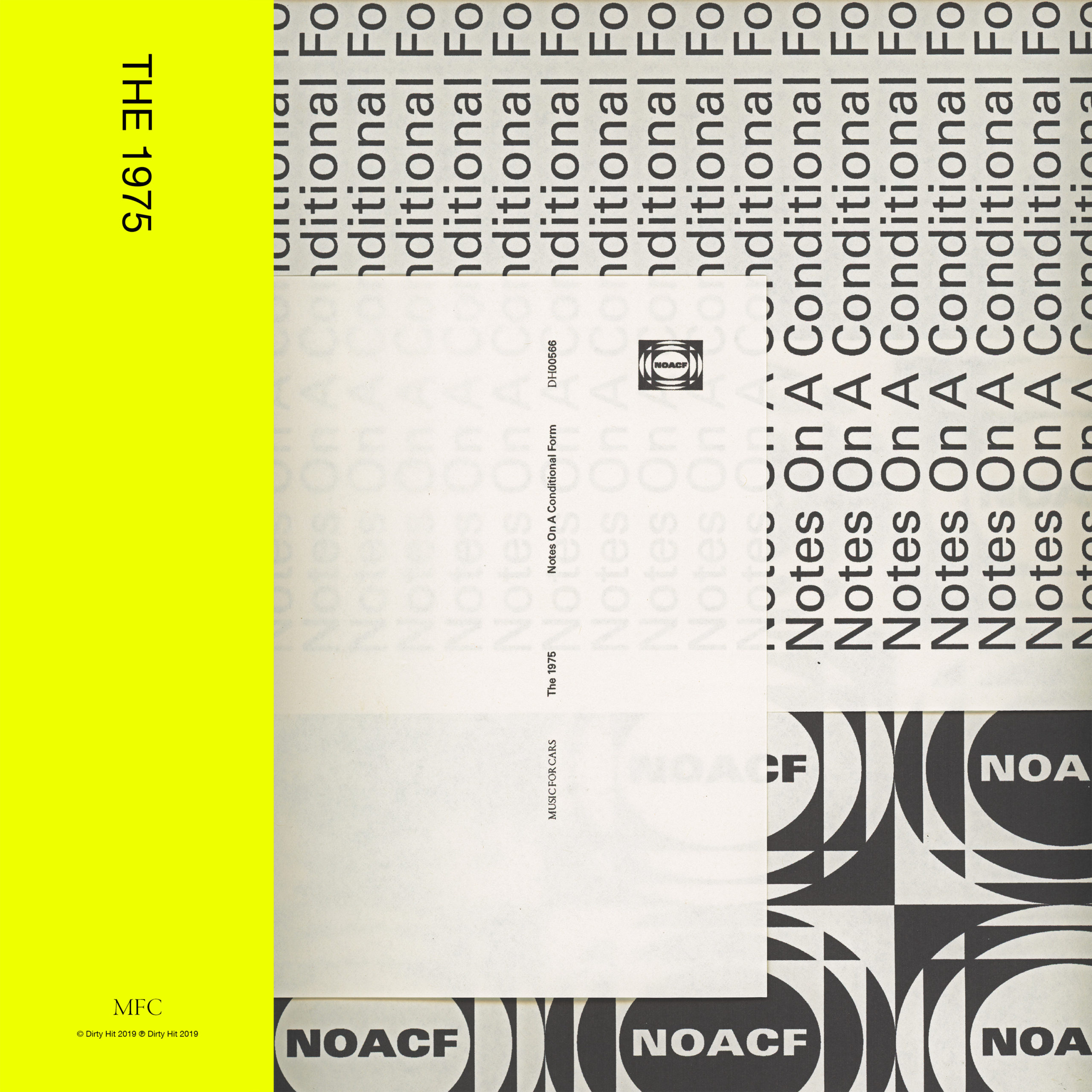
The fourth album from The 1975 is deeply troubled, bloated, and frequently brilliant.
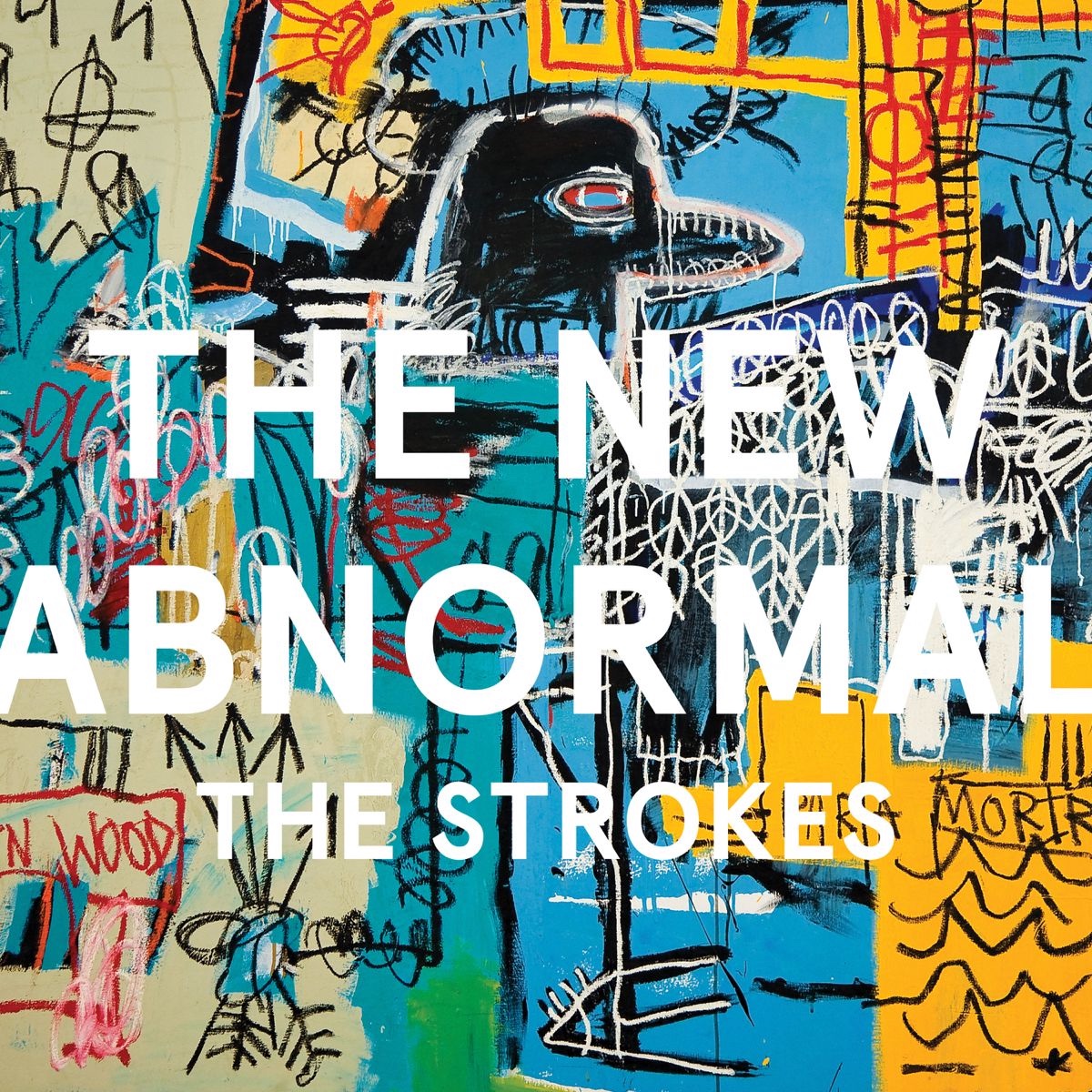
SHA-11
The Strokes’ sixth album doesn’t disrupt their complicated pattern of interesting failures and boring successes.
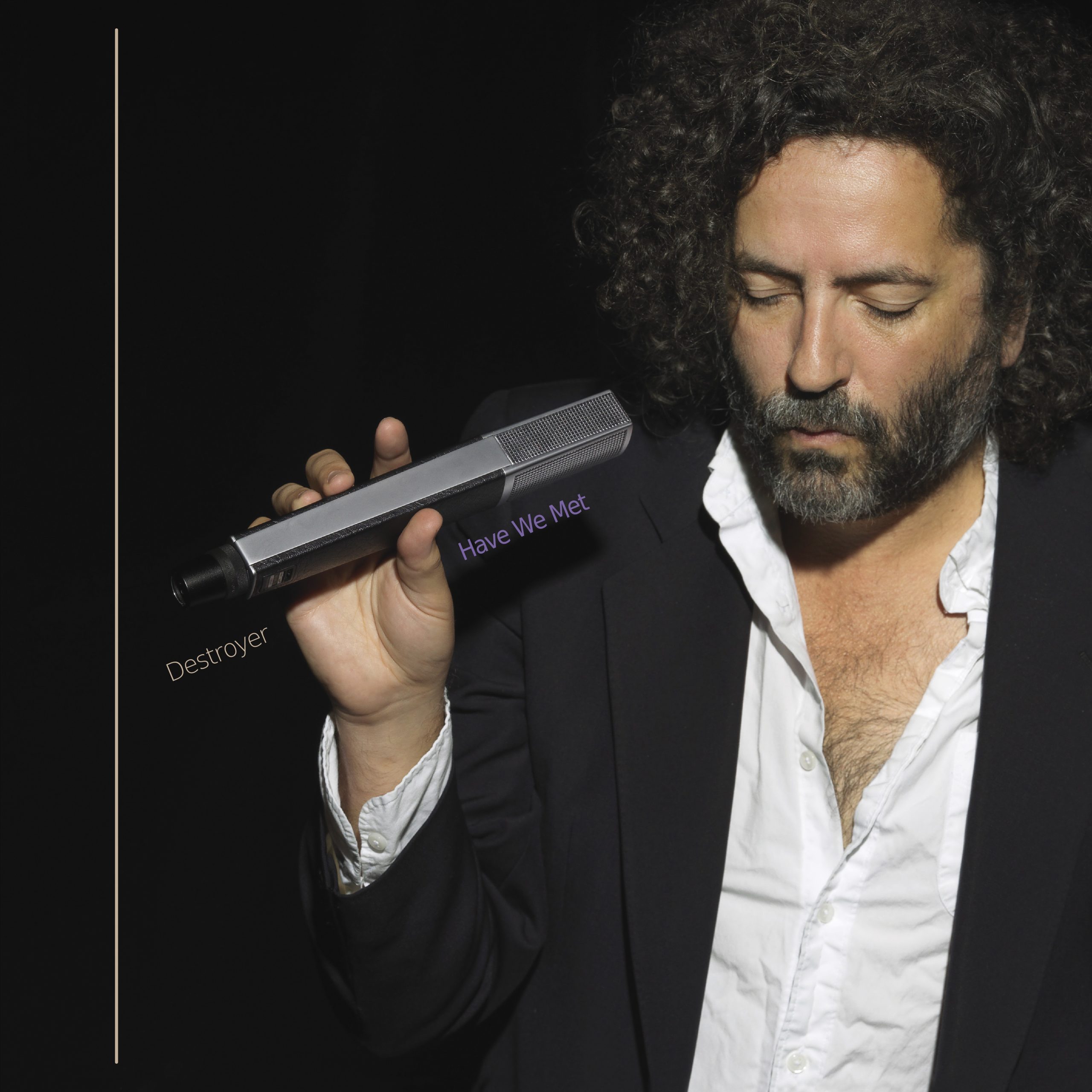
In many ways, a classic Destroyer record: cavernous and twisty and rich with atmosphere.
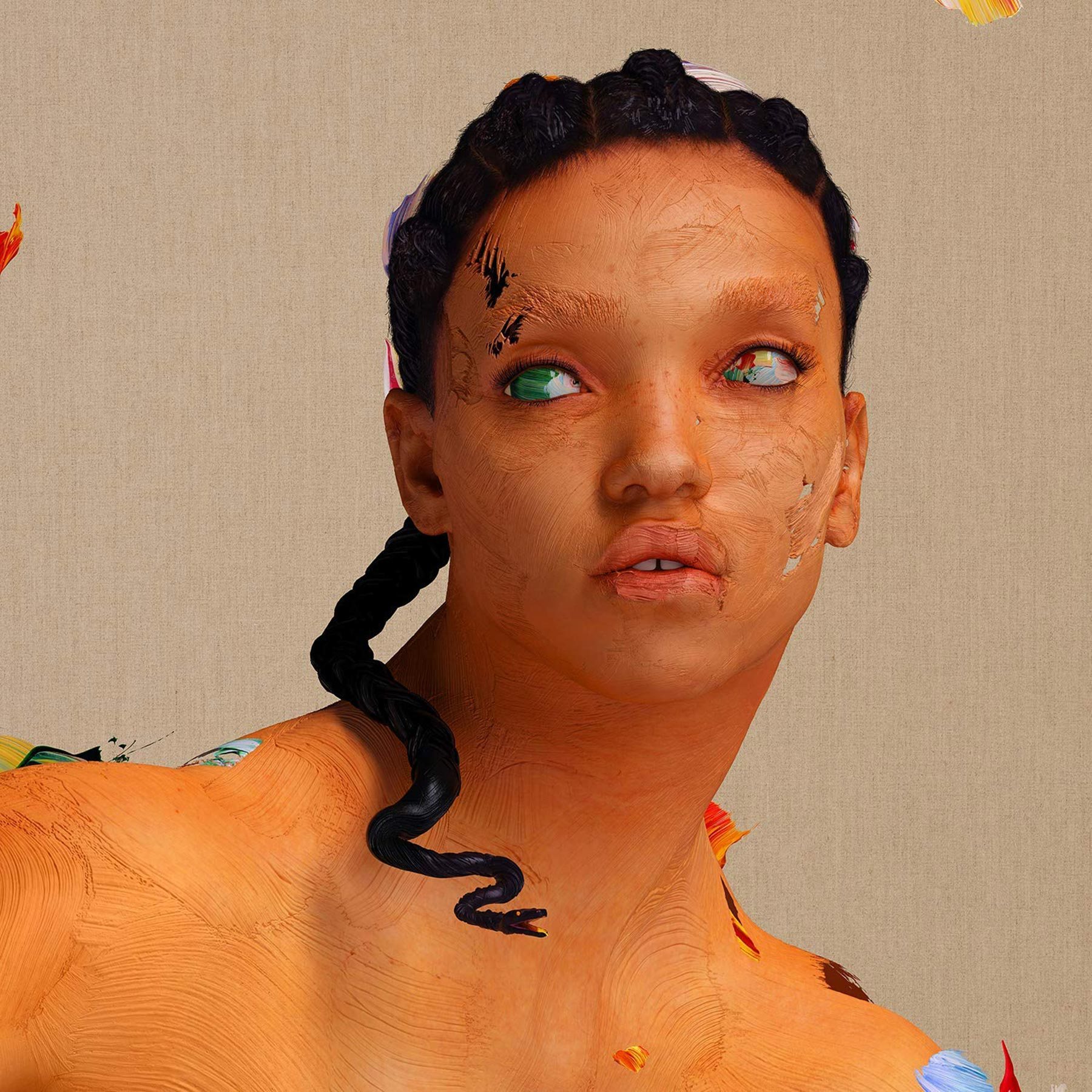
A deeply wounded album that strengthens the steely fusion of trip-hop and R&B she mastered on her debut.

